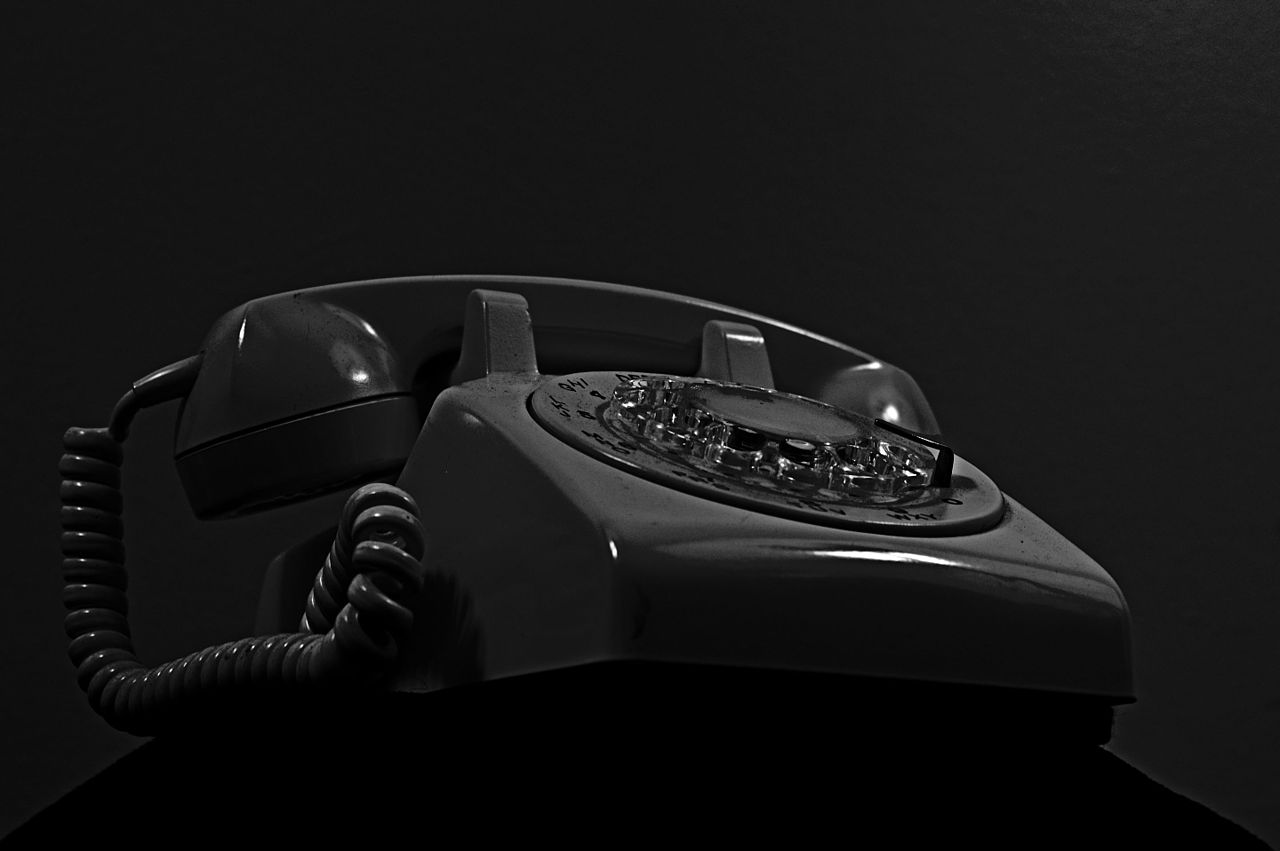Capital Gazette murders may stifle small newspapers
In 40 years at the Baltimore Sun, most of them on the nightside metro desk, I talked to lots of crazy people on the phone and some who came into the downtown building. I mostly tried my best to be polite, give them an ear, offer sympathy, and wished I could do something to help them — but rarely was the story or problem or voice in their heads a matter for the newspaper.
For a rare few on the phone, I suggested fashioning a cap out of aluminum foil… extra heavy duty preferred.
It seemed so innocent. And safe. The newspaper building had minimal security at best, even late at night. Weekdays, the newspaper lobby was largely protected by a small, elderly African-American man named Bernard “Barney” Barney, who greeted and somewhat screened visitors approaching the elevators.
I was promoted to a reporting job in the troubled year of 1968. Baltimore was still recovering from the riot that followed the killing of the Rev. Martin Luther King Jr., and the nation in political turmoil after the killing of rising presidential candidate Robert F. Kennedy.
The world around me no longer seemed innocent. But I felt safe, prowling the city on my rounds of its nine police districts, reading crime logs and incident reports and observing hearings and trials for petty cases in the police station courtrooms. Their doors were unlocked, and people came and went.
But within a few years, amid still- rising racial tension in the city, the tenor began to change. Police station entrances were locked for security, limiting access to back doors overseen by desk sergeants. And security began to increase at the newspaper building, although one nut — a perennial wacko and political candidate — wandered in and reached the old fifth-floor newsrooms, and appeared to have a gun. A surreptitious call brought police and security to escort him from the premises.
Eventually, it became very difficult for uninvited and unexpected visitors to get past the lobby or even into the building. In recent years, stairway doors and elevators leading up from the lobby required a pass card for access.
Smaller suburban operations, like the county news offices I worked in as an editor for a few years, were much more accessible — anyone could, and generally did, walk right in. Many community newspapers remain more like that. No security guard behind the door.
Thursday at the Annapolis Capital Gazette, a onetime competitor bought by the Baltimore Sun a few years back, a visitor followed up on threats and came with a longstanding grievance and a shotgun. He allegedly barricaded an exit door, then fired through the glass of the front door in an attack that took five lives… among the victims at least one I knew from my time at the Sun.
He also likely made the management of small newspapers across America rethink their accessibility to their communities — a tragedy on top of unspeakable horror.
David Ettlin retired in 2007 as night metro editor of the Baltimore Sun.

David M. Ettlin is a Baltimore native, and a graduate of Baltimore City College (Class of ’63), and what are now Baltimore City Community College and Towson University. He decided against a teaching career after getting a newsroom job in 1967 at The Baltimore Sun newspapers, and retired in 2007 as night metropolitan editor. A Pasadena resident since 1981, he posts occasional tales at his blog, The Real Muck.

